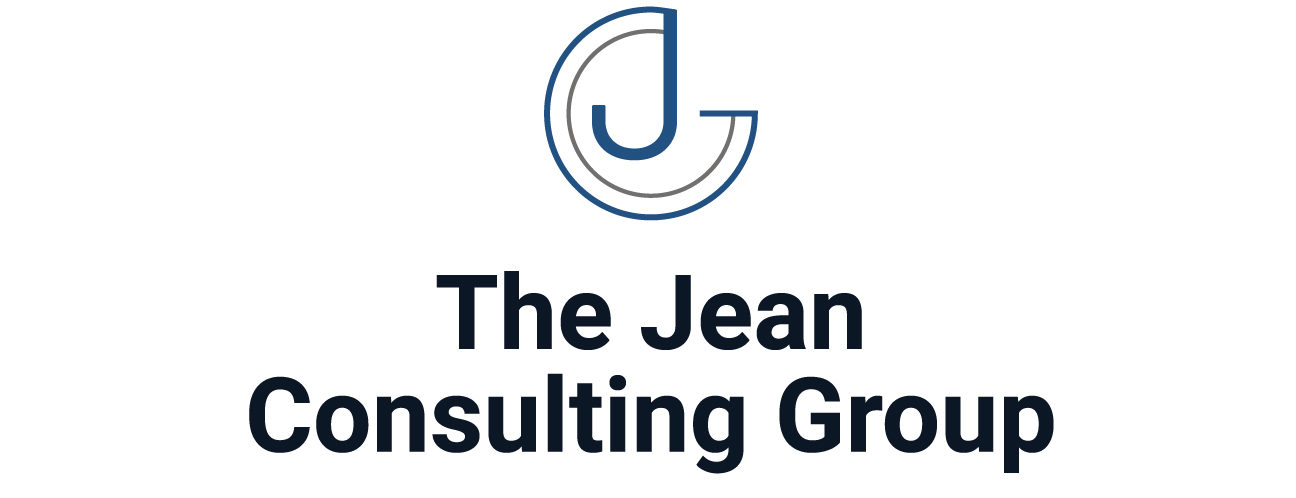In today’s fast-paced and ever-changing business environment, organizations are constantly seeking effective strategies to enhance employee engagement, manage change efficiently, and foster resilience among their workforce. By implementing innovative employee engagement strategies, embracing change management principles, and providing resilience training, companies can ensure sustained productivity, adaptability, and overall success.
Empowering Employee Engagement Through Strategic Initiatives
Employee engagement is the cornerstone of a thriving workplace. It is the emotional commitment the employee has to the organization and its goals. This emotional bond can be significantly strengthened through a series of strategic initiatives designed to boost morale, productivity, and loyalty.
- Personalized Recognition Programs: Recognizing individual achievements and contributions in a personalized manner can significantly enhance employee motivation and satisfaction. Tailored rewards and recognition programs that align with personal interests and professional goals can make employees feel valued and appreciated.
- Flexible Working Arrangements: Offering flexible work schedules, telecommuting options, and work-life balance initiatives can lead to a more engaged and productive workforce. Flexibility in the workplace addresses the diverse needs and preferences of employees, fostering a culture of trust and respect.
- Professional Development Opportunities: Investing in employees’ professional growth through training programs, workshops, and mentorship opportunities can increase engagement levels. Encouraging skill development and career advancement not only benefits the employee but also contributes to the organization’s innovation and competitiveness.
Navigating Change Management with Effective Leadership
Change is inevitable in the business world, and managing it effectively requires strategic leadership and clear communication. Implementing change management practices can help minimize resistance, enhance adaptability, and maintain operational efficiency during transitions.
- Transparent Communication: Keeping employees informed about changes, the reasons behind them, and the expected outcomes is crucial for gaining their support and cooperation. Open and honest communication fosters a sense of security and trust among employees, which is essential during times of change.
- Inclusive Decision-Making Process: Involving employees in the change process by seeking their input and feedback can lead to better decisions and smoother implementation. An inclusive approach encourages buy-in and reduces resistance, as employees feel their voices are heard and valued.
- Support Systems and Resources: Providing adequate support and resources to employees during transitions can alleviate stress and build resilience. Training sessions, counseling services, and access to information are essential for employees to navigate change confidently and effectively.
Fostering Resilience through Comprehensive Training Programs
Resilience training equips employees with the skills and mindset needed to cope with challenges, recover from setbacks, and adapt to new circumstances. Building a resilient workforce is vital for maintaining high levels of performance and engagement in the face of adversity.
- Stress Management Techniques: Teaching employees stress management strategies, such as mindfulness, time management, and relaxation techniques, can help them manage work-related stress more effectively.
- Problem-Solving Workshops: Workshops that focus on developing problem-solving and critical thinking skills can enhance employees’ ability to tackle challenges creatively and efficiently.
- Emotional Intelligence Training: Enhancing emotional intelligence among employees can improve communication, teamwork, and conflict resolution, contributing to a more resilient and cohesive workplace.
Conclusion
By focusing on innovative employee engagement strategies, effective change management, and resilience training, organizations can create a supportive and dynamic work environment that fosters employee satisfaction, productivity, and adaptability. Implementing these strategies requires commitment, leadership, and a continuous effort to adapt to the evolving needs of the workforce. By prioritizing the well-being and development of employees, companies can not only achieve their business objectives but also build a strong, resilient, and engaged workforce capable of navigating the complexities of the modern business landscape.




